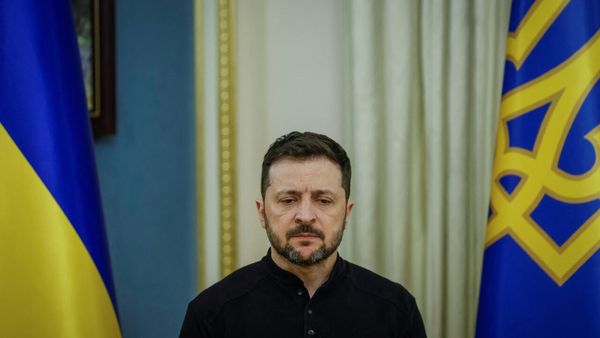
“George: A Magpie Memoir,” by Frieda Hughes (Avid Reader Press)
Frieda Hughes in an English poet and painter who has built a following on birding Instagram (@friedahughes) with her beguiling videos of owls. She has also written several children’s books and a weekly poetry column for The Times of London. Yet she has spent much of her life living in the shadow of her world-famous parents, the poets Ted Hughes and Sylvia Plath.
In her new book, “George: A Magpie Memoir,” her first work of nonfiction, Hughes recounts the nearly two years she spent caring for an injured baby magpie — a “tiny, feathered scrap” — at her ramshackle estate some 200 miles from London — and how it helped her come to terms with her traumatic legacy.
On one level, it is an expert bit of nature writing, akin to a David Attenborough documentary. But on another level, it is a psychologically profound investigation of how George, her other animals, and the extensive gardens she cultivates on an acre of land in the Welsh countryside give her the “stability and sense of permanence” that she lacked as a child.
“I felt as if the ground on which I stood was constantly changing and shifting, and that if I looked away for just a minute, then looked back, the landscape would have altered, and I’d have a whole other universe to acclimatize to,” she writes about her childhood.
But as she settles into her “forever home” in Wales, she is finally able to gain some perspective about her American mother’s 1963 suicide, when she was just a toddler; the peripatetic lifestyle of her father, the British poet laureate; and the 2009 suicide of her younger brother, Nick, at age 47, after a lifelong struggle with depression.
George is her salvation. By carefully observing his strange but endearing bird-brained behavior — his insatiable curiosity, penchant for hiding things and attraction to all things red — she discovers the courage and wisdom she needs at a difficult moment of her life when a chronic pain condition recurs and her third marriage is falling apart.
George is a wild animal so inevitably, he must depart. At first, Hughes is devastated. Then she turns her seemingly inexhaustible energy to rescuing other wildlife in distress, doing further restoration work on her part Georgian/part-Victorian hall, developing “the garden of my wildest dreams,” constructing an aviary, and writing and illustrating this captivating book.







